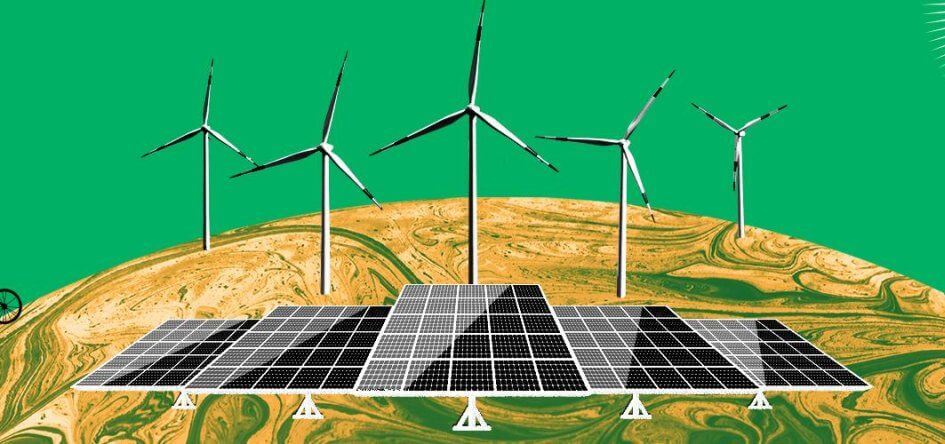The Stark Reality of Energy Inequity
The latest findings are a wake-up call: for the first time in over a decade, the number of people without access to electricity has surged, increasing by 10 million from last year to an alarming total of 685 million worldwide. According to the 2024 Energy Progress Report, sub-Saharan Africa is most affected, with 570 million people in the region lacking electricity. This represents over 80% of the global total and marks a significant increase from levels seen in 2010.
The Overlooked Crisis of Clean Cooking
The alarming trends in energy access extend beyond just electricity. The report highlights a vast disparity in access to clean cooking facilities, with 2.1 billion people worldwide still using polluting fuels and technologies. This reliance not only consumes up to 40 hours a week in gathering firewood and cooking but is also responsible for 3.2 million premature deaths annually due to household air pollution. The impact of these practices disproportionately burdens women and children, severely hindering their opportunities for economic and social advancement.
Distributed Renewable Energy: A Silver Lining Amidst the Gloom
Despite these daunting challenges, renewable energy is seeing positive momentum. In 2021, consumption of renewable electricity grew by over 6%, raising the share of renewables in global electricity consumption to 28.2%. However, this growth is not evenly distributed. Developed nations possess 3.7 times more renewable energy capacity per capita than developing countries, highlighting a significant imbalance.
Power for All: Championing Distributed Renewable Energy
At Power for All, we are intensifying our focus on Distributed Renewable Energy (DRE) as a transformative solution. By embracing the Theory of Change as our strategic organizing principle, we aim to ensure our initiatives are not only purposeful but also adaptable to the evolving challenges of global energy access. DRE is recognized as a scalable and sustainable approach, especially suitable for remote and underserved areas.
A Renewed Opportunity for Global Energy Equity
2022 marked a significant rebound in international public financial flows supporting clean energy in developing countries, rising to USD 15.4 billion—a 25% increase from 2021. However, this amount is still modest compared to the 2016 peak of USD 28.5 billion. It is imperative that we push to channel more resources towards Distributed Renewable Energy (DRE), to ensure that those most in need are equipped with the necessary resources to transform their lives. This increased financial commitment provides a vital opportunity to enhance our collective efforts towards achieving global energy equity.
A Unified Call to Action
The need for immediate and concerted action has never been more critical. We must rally to mobilize global resources, drive innovation, and foster collaboration to reverse the decline in energy access. Energy is the backbone of economic development, healthcare, education, and environmental sustainability. By uniting our efforts, we can empower communities worldwide with clean, reliable, and affordable energy.
Join us in this vital mission to revitalize our collective efforts and steer the world back on track toward achieving Sustainable Development Goal 7 (SDG7).
